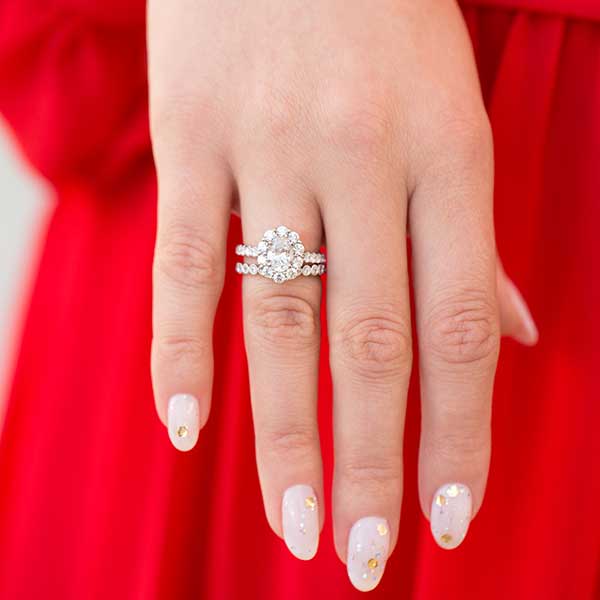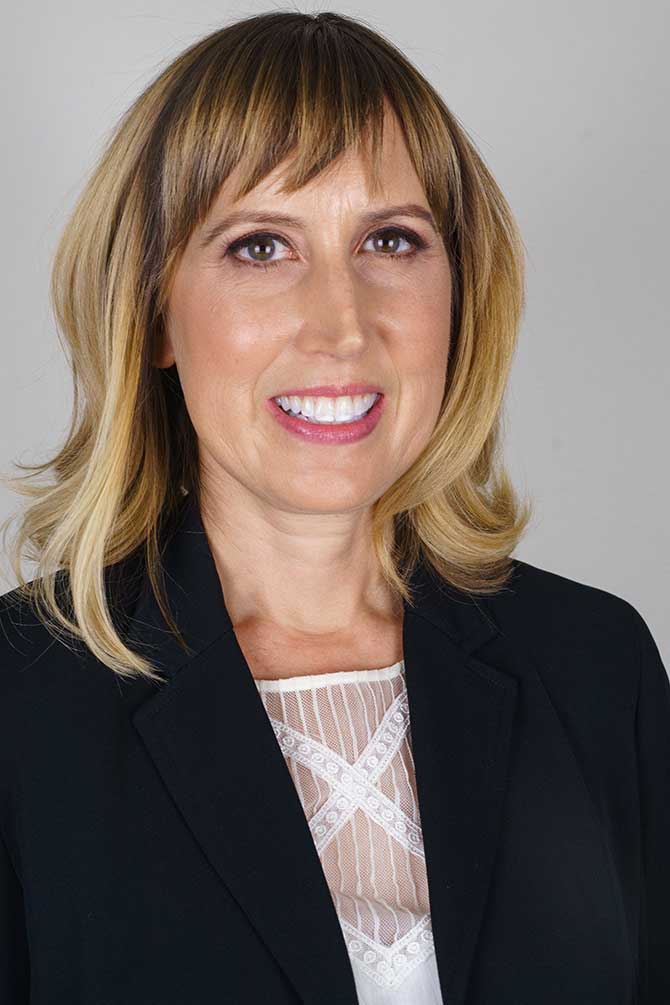
As more companies embrace the lab-grown diamond category, marketing efforts are bound to ramp up, even during these uncertain times. What marketers need to be aware of is just how easy it is to run afoul of the Federal Trade Commission’s guidelines on how to disclose lab-grown diamonds.
For answers about how to legally market the product, we spoke to Tiffany Stevens, CEO and general counsel of the Jewelers Vigilance Committee, which has helped jewelers navigate complicated legal issues since 1917.

What do retailers need to know about the proper way to market lab-grown diamonds?
If you’re ready to enter into the lab-grown market and you’ve got your sources, it’s really important that you disclose and be very clear. The FTC has the authority to regulate advertising disclosures to consumers. These guidelines apply to any business marketing to the U.S. consumer.
The standard they’re going to use to judge your advertisement is: Would the average person know what you’re talking about? So don’t use industry lingo and think that will suffice. You need to make sure the average person is going to understand it.
And the other standard FTC has used is: If as little as 11% of the general public can be confused by what you’re doing, then it’s deceptive. Not only do you have to use the right words, you have to use them in a way that’s doubly clear. So, if you’re selling on your website, you can’t bury the part about the diamonds being lab-grown in the fine print. There’s no being cute about it. And it has to be disclosed before the click point, before consumers put things in their cart.
How do you advise people on the language they use to promote lab-grown stones?
If you’re using lab-growns, you’ll want to use laboratory-grown, laboratory-created, or your manufacturer name–created. With the new guidelines, as of July 2018, there’s a new grab-bag kind of category that contains words that might be okay. But as your nerdy lawyer friends, we want to lower your risk and discourage you from going there. The FTC did clarify that when people experimented with words like above ground, those would not be okay. They wanted to create room for free speech, but we discourage people from going there. And for SEO purposes, if you want people to find you, you probably want to use one of the three approved terms.
What about words like cultured?
Cultured diamond is not okay—the FTC has explicitly said this. You can add in the word cultured once you’ve made the proper disclosure. But cultured alone is not. The modifiers have to be right before the word diamond; they can’t be hidden.
Certain words can only be used to describe a natural diamond: real, natural, precious, and gemstones can only be used to modify a natural diamond or natural colored stone.
There’s been a lot of talk about lab-grown providers making eco claims. What can companies legitimately say, and what can’t they say?
The FTC’s Green Guides govern how you make reference to things being green or environmentally sustainable. You can do that as long as you have some sort of data. You have to make an honest claim that’s backed up by data and those claims are unique to you. You cannot make comparative claims: “Mining must be bad!” That’s not okay.
One of the biggest threats to consumers isn’t them buying what they think is a natural stone and it turns out to be a lab-grown. Rather, we’ve found lots of people who’ve bought what they think is a lab-grown diamond but is actually a piece of glass. If it’s too good to be true, it probably is. We don’t want people buying pieces of glass for lab-grown prices. It’s very sad to think about people aspiring to a lab-grown diamond and actually getting a piece of glass. That’s the problem we’ve seen. Deception is harder to uncover. But we told the FTC about it, and their enforcement letters picked up on it. That felt good, a full circle of our efforts.
What other issues are you seeing in this category?
Supply chain issues are interesting. You’re going to be dealing with some new vendors and you want to be sure you’re getting the proper assurances from them, and that you have really solid operational ways to keep everything separate—maybe different SKUs. And a plug for JVC, we’ve put out a diamond supply chain protection kit that includes a lab-grown diamond advertising handout and two templated contracts you can use whether you’re dealing with lab-grown or natural diamonds.
What’s your take on how this category has evolved since you joined the industry three years ago?
[The reaction to lab-grown diamonds] felt a little more heightened when I first started in 2017. People seem to feel less threatened today. The product is finding its proper set point in the industry, and we’re just waiting to see exactly what that is.
Top: Rings with lab-grown diamonds, ALTR
Follow JCK on Instagram: @jckmagazineFollow JCK on Twitter: @jckmagazine
Follow JCK on Facebook: @jckmagazine